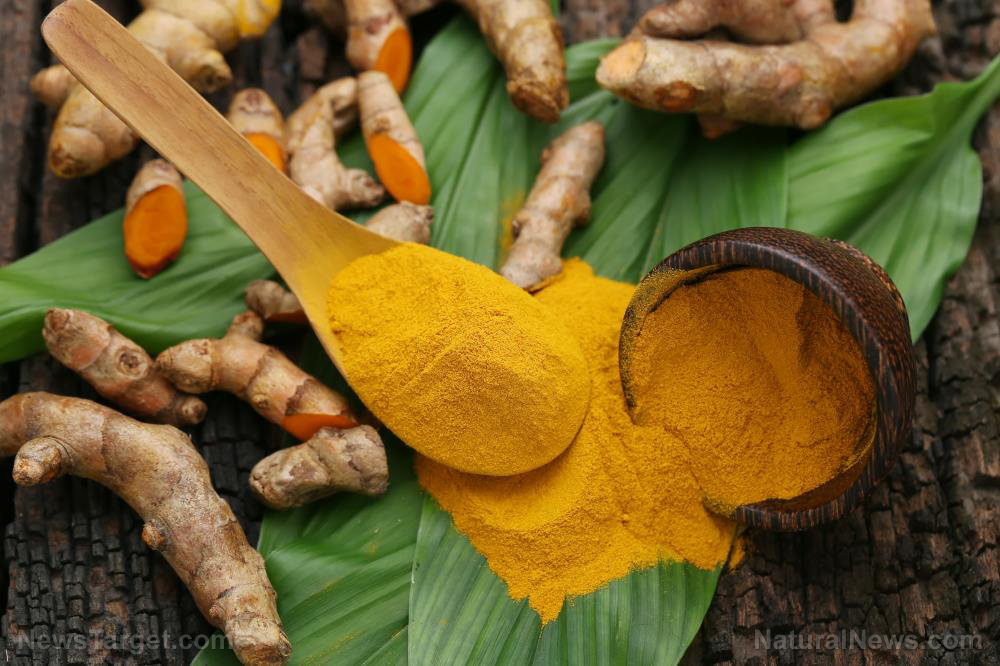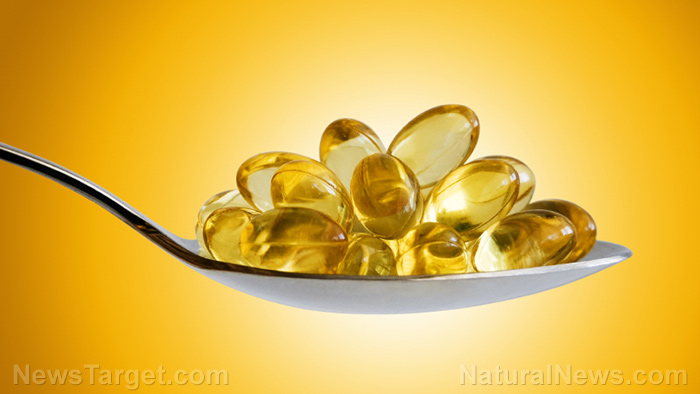Boost your mood with these 10 natural supplements
04/11/2019 / By Edsel Cook

Are you feeling down and depressed? Try taking one of these natural supplements to boost the serotonin levels in your brain, thereby improving your mood and providing protection from the onset of certain mental disorders.
Amino acids, vitamins, and minerals that produce serotonin
Tryptophan is an amino acid that is found in protein-rich foods but best taken as a supplement. As the precursor of serotonin, it will be directly converted into the neurotransmitter.
5-HTP is taken from the African shrub Griffonia simplicifolia. It is good for boosting mood, but should only be taken for short periods of time and never alongside tryptophan.
SAM-e can be found in every cell of your body. As a supplement, it increases the amount of important chemicals in your brain, including serotonin.
Many vitamins contribute to the production of serotonin. Vitamin B6 helps turn tryptophan and 5-HTP into serotonin; folic acid and vitamin B12 increase the effectiveness of SAM-e; vitamin C is required for the creation of other mood-related neurotransmitters, and vitamin D oversees the efficient synthesis of tryptophan.
A pair of minerals are also key to improving serotonin balance. Magnesium regulates the nervous system, while zinc supports numerous brain functions. (Related: What you need to know about serotonin supplements.)
Delicious food-based brain boosters
Certain foods can help increase serotonin levels. Consuming enough of these healthy foods will not only ensure sufficient amounts of the neurotransmitter, but also provide additional health benefits associated with the food.
Both black and green tea contain large amounts of L-theanine. This amino acid improves serotonin levels, reduces stress levels, and puts your brain in a peaceful, meditative state.
Mackerel, salmon, and other fatty cold-water fish are rich in omega-3 essential fatty acids. DHA, EPA, and other good fatty acids are used to grow new brain cells and encourage the development of new brain structures. DHA (docosahexaenoic acid) increases the receptiveness of serotonin receptors in the brain, while EPA (eicosapentaenoic acid) induces the neurons to release more serotonins. If given a choice, prioritize DHA, as it is considered the most important omega-3 essential fatty acid.
Fermented foods are host to probiotics, which are good bacteria that live in your gut and perform important functions that can affect the health and function of your brain. Eating kefir, unpasteurized sauerkraut, and yogurt will ensure that the populations of good bacterial strains outnumber the bad ones. A healthy gut microbiome will limit the amount of toxic lipopolysaccharides that can bring down serotonin levels.
Remedies drawn from healing herbs
Last but not least are herbal supplements derived from plant parts that are normally not eaten. They include curcumin, Garcinia cambogia, and Rhodiola rosea.
Curcumin is responsible for the yellow color of turmeric. It is also the primary active ingredient of this popular spice. Shown to be as effective as pharmaceutical antidepressant drugs, curcumin boosts the levels of serotonin and dopamine in the brain. For best results, take it with piperine, a beneficial compound in black pepper that makes it much easier for the body to absorb curcumin.
Health supplements made from the Malabar tamarind (Garcinia cambogia) are taken by people who want to lose weight. It reduces the appetite by increasing serotonin concentrations. The resulting improvement in mood also reduces the chances of emotional eating.
Arctic root (Rhodiola rosea) is a medicinal plant that has been used since ancient times to treat various ailments. It also acts as a serotonin booster, an adaptogen that helps protect against stress, and a natural antidepressant that decreases stress hormone levels.
Remember that excess amounts of serotonin is just as bad as a deficiency in this neurotransmitter. To help avoid serotonin syndrome, pick one natural supplement and stick to that approach.
Sources include:
Tagged Under: adaptogens, brain function, curcumin, food cures, food is medicine, garcinia cambogia, herbal medicine, Herbs, mental health, mind body science, mood boosters, natural antidepressants, probiotics, remedies, Rhodiola Rosea, serotonin, supplement, supplements, turmeric



















